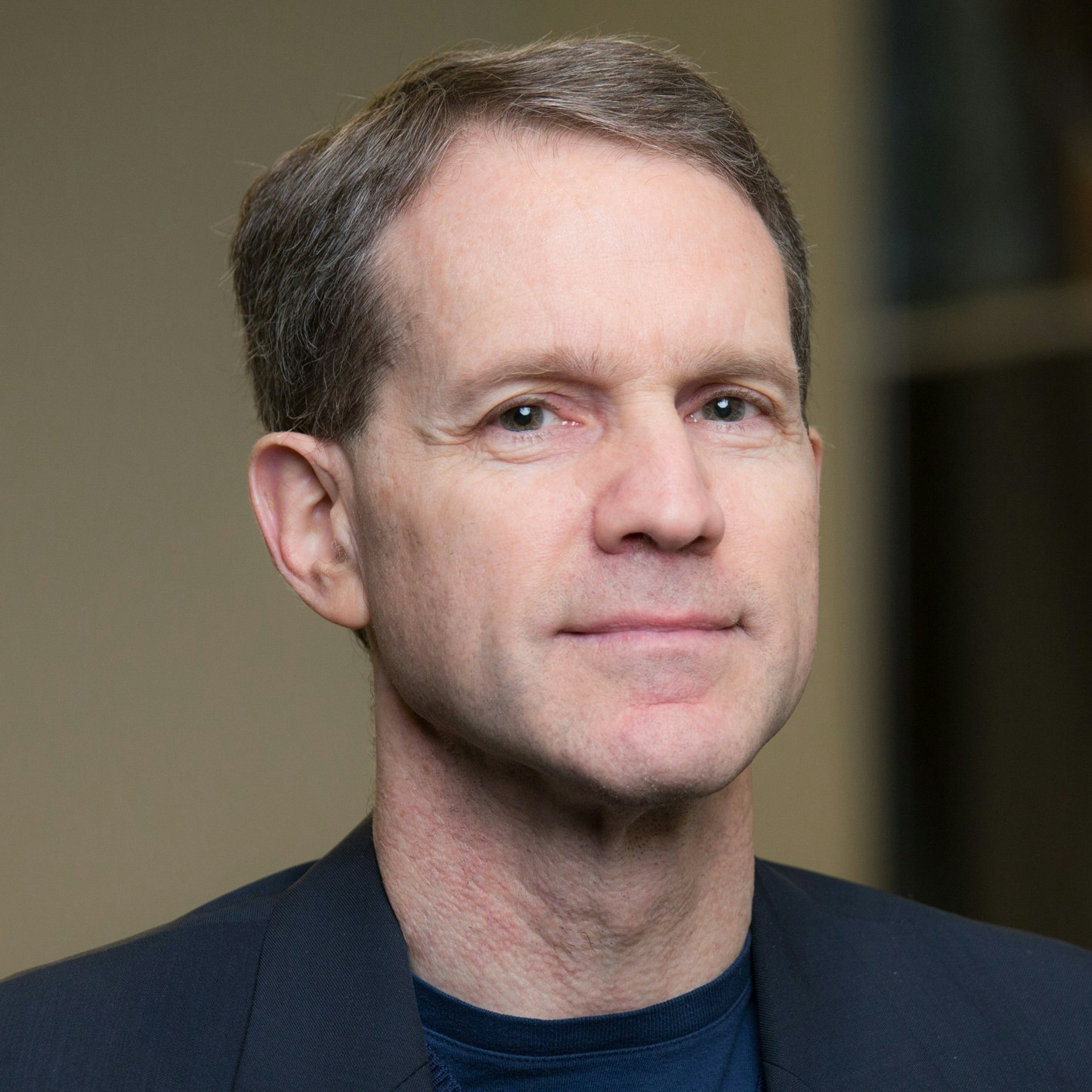Time to Close the Circle: Development Needs Justice
By James Goldston
As terrorism, war and disease rock the globe, political leaders gather this week at the United Nations to consider how to set the world on a course of sustainable development for decades to come.
The stakes are high. Ensuring that more people north and south have quality education, employment, health care and institutions of governance is critical to the struggle against the Islamic State, ebola and other scourges.
The original Millennium Development Goals (MDGs), promulgated in 2001, helpfully shook up the field of development aid by unifying standards and focusing laser-like attention on the reduction of poverty. In part as a result, extreme poverty has been halved, child mortality is on the decline and primary education enrollment rates are going up.
But for all that they have achieved, the MDGs left a gaping hole: they failed to mention justice and the rule of law.
As recent experience in countries like Brazil, Tunisia and Turkey has shown, rising incomes—though important—don’t forestall popular discontent with corrupt or ineffective government. Conflict-affected states, where the rule of law is weak, account for disproportionately high percentages of the world’s infant deaths and poor and uneducated populations.
Even in advanced economies, where inequality is soaring, those denied access to justice suffer discrimination in education and other public services. In short, “governance free” targets are insufficient.
If the risks of excluIding justice were not already obvious, the ebola epidemic in west Africa has highlighted the devastating human consequences of dysfunctional institutions. In overwhelming health systems in Liberia and Sierra Leone, the outbreak threatens to undermine the hard-won gains of a decade of post-war reconstruction. The UN Security Council has rightly called the epidemic a threat to international peace and security.
At the same time, this year’s surge of brutal violence from Iraq to Central African Republic has starkly underscored the costs to economic welfare and civil order of arbitrary and exclusionary government policies and feeble institutions.
On the plus side, expanding access to justice has numerous developmental benefits. Raising women’s awareness of rights and responsibilities around marriage has been reported to help decrease the size and frequency of illegal dowry payments in Bangladesh. Legal empowerment and education improved the quality of health service delivery in Uganda. In Mexico, rural community members who filed requests for information about a polluting government sewage project advocated for installation of proper filter systems. In India, slum dwellers have used similar information requests to ensure the equitable delivery of state entitlements.
Projects in the Dominican Republic, Kenya and Serbia have deployed low-cost, community-based paralegal schemes to secure legal identity documents essential for citizenship, education, and health care. In Mozambique and other countries, land-titling programs have improved the accountability of local officials, promoted more enduring land governance, and fostered more secure land tenure for communities.
Despite this growing body of evidence, advocates for justice in the post-2015 agenda face an uphill battle.
Some in the developing world are understandably mindful of the history of exceptionalism by which the United States and other major powers have selectively applied to others talk about human rights and legal obligations from which they exempt themselves. The rule of law, say the critics, is little more than a disguise for unfair conditionality.
But the answer to double standards is universality. From Brooklyn to Baghdad, the post-2015 agenda must apply to all.
Others say that, unlike economic growth or maternal health, justice can’t be measured.
And yet, governments across the world collect data on everything from court case volume and duration to homicide to birth registration. National statistics offices regularly include questions about legal knowledge and perceptions in public surveys. Timor Leste, Solomon Islands and Somalia are developing baskets of indicators to track progress across a range of peacebuilding and state-building goals.
Finally, for a number of political leaders, phrases like “access to justice” or “legal empowerment” threaten to engender public expectations they are not able or willing to satisfy.
But if the next generation of development goals is to improve upon the first, they will have to reflect the aspirations for “bread, dignity and social justice” that animated the still unfulfilled Arab Spring.
Beyond the halls of the UN, most people see justice and development as complementary aspects of a better life. So should their governments.

James A. Goldston is the executive director of the Open Society Justice Initiative.